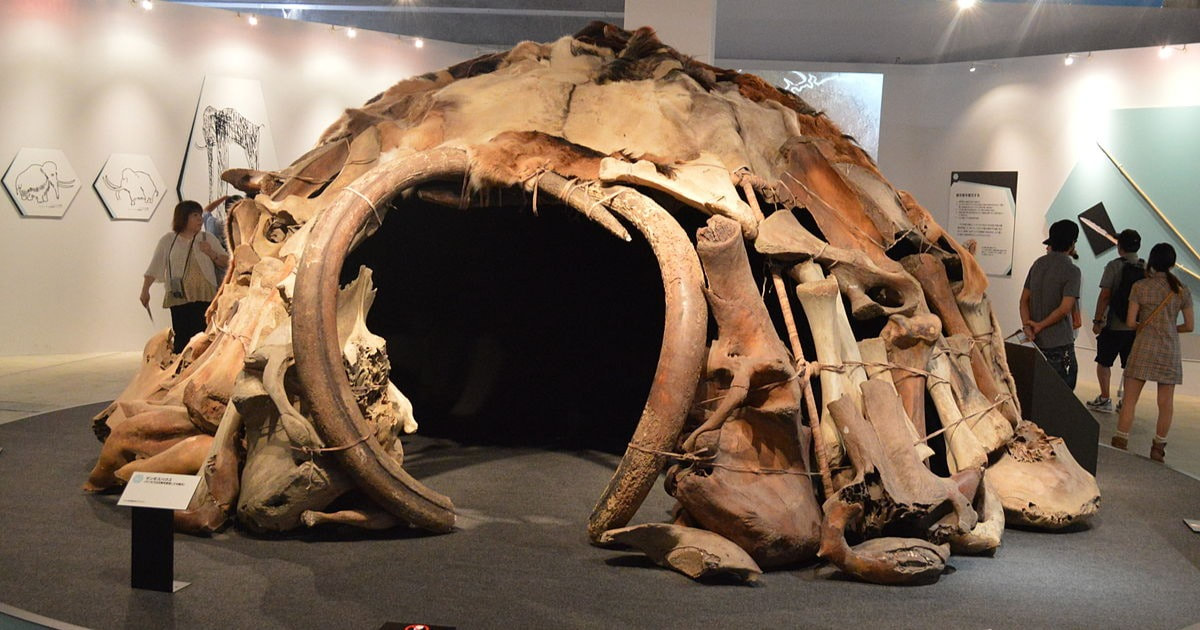
Old English is the language of the Angles, who originated in the western area of what is now Germany. After they migrated across the channel, speakers called the area they settled Angeland, or Engeland, and their language Englisc. The language dominated the island from the 5th century until the 11th, when the Normans invaded, bringing their Norman French with them. The Normans became the lords and the Angles their servants, explaining why food often has Norman names while the animals, cared for by the servants, have Angle names. Beef is Norman in origin: Cow is Anglo. Mutton is Norman: Sheep is Anglo. The fact that Modern English is a mix of Old English, Norman, Viking (since they moved in, too!) and numerous other languages explains why English is such a difficult language in which to spell and pronounce words. Each language brought its own spelling and pronunciation rules into the mix.
Old English writings began to appear the early 8th century. Few original copies remain. One long epic poem, which may be the oldest surviving long poem in Old English, was bound into a collection called the Norwell Codex. This poem, which had no title, has come to be called by the name of its hero, Beowulf. It is considered one of the most important works of Old English literature.
| The poem tells how Beowulf leaves Geatland, in what is now Sweden, to help Hrothgar, the king of the Danes. The story was considered just a story for many years. However, many of the characters appear in registers and legal documents of the 6th century. Archaeological excavations in Lejre, Denmark, the traditional location of Heorot, uncovered three halls, each about 160 ft long, that had been built in the middle of the 6th century, the time period of the Beowulf story. |
The name of Hrothgar's mead hall, for instance, is Heorot, which translates as Hart's Hall. Could the original hall have been constructed of the bones of the giant elk that roamed Europe at the end of the last Ice Age? Similar shelters, made of mammoth bones, have been found in Ukraine.
This is the scenario I present in my novel, The Last Song of the Swan.
| Jennifer Bohnhoff writes novels that are set in, or inspired by history. For more information about her or her writing, go to her website. |




